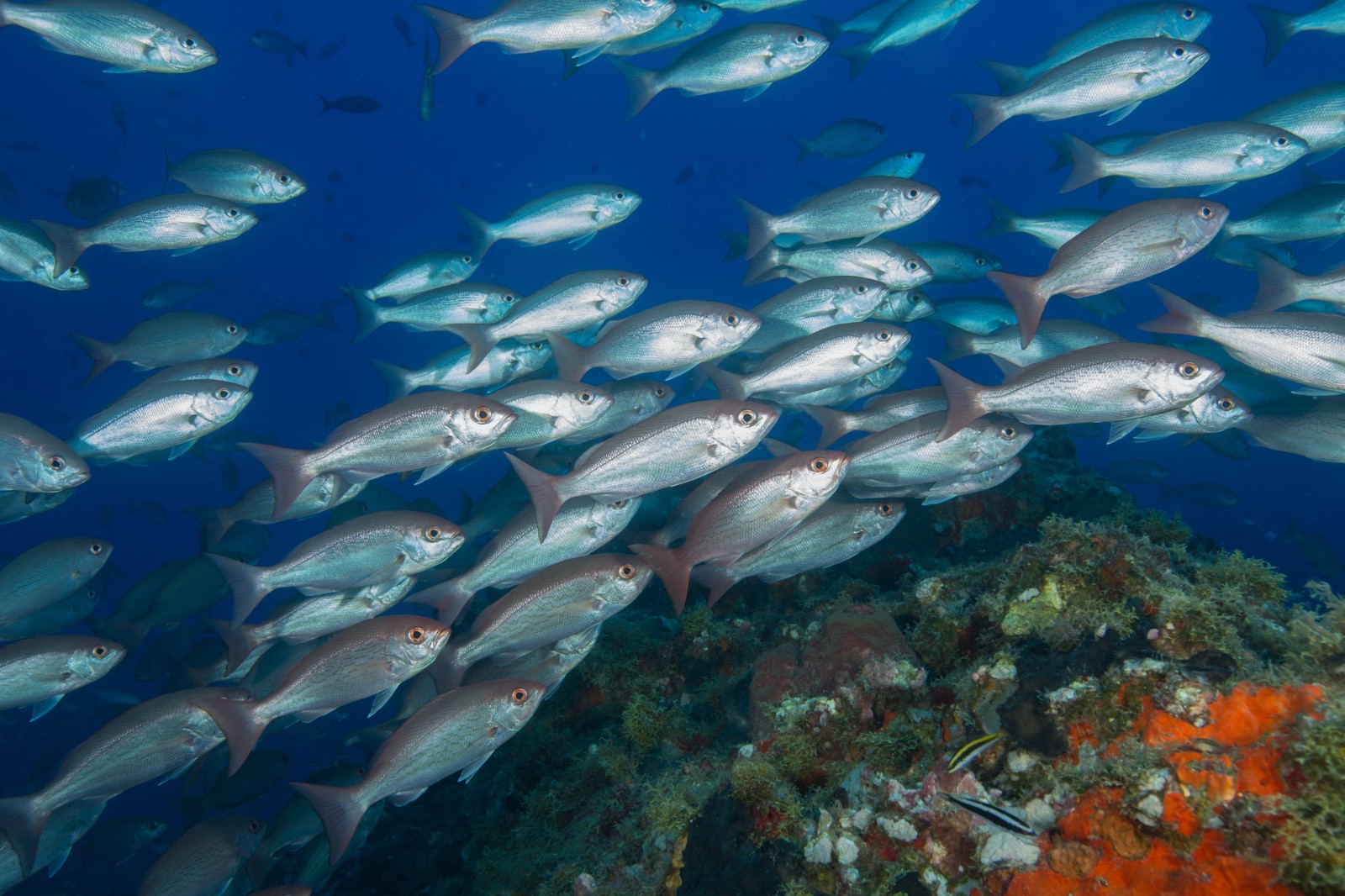


NOAA Fisheries has released the nation's first National Seafood Strategy, which aims to guide federal support for the seafood industry over the next five years. This strategy not only underscores NOAA's strong commitment to the resilience of the seafood industry, but also aligns with the Biden-Harris Administration's goals for economic recovery, environmental sustainability, and climate resilience.
The strategy responds to numerous current challenges facing the U.S. seafood industry, including climate change, the coronavirus pandemic, the emergence of new technologies, other ocean uses, severe labor shortages, and aging infrastructure. To address these challenges, the strategy identifies four main objectives for the United States:
1. Maintain or increase sustainable production of wild fishing in the United States;
2. Increase sustainable aquaculture production in the United States;
3. Promote the U.S. seafood industry's access to domestic and international markets;
4. Comprehensively strengthen the U.S. seafood industry.
The strategy also focuses specifically on seafood consumption in the United States. A White House conference on hunger, nutrition and health noted that seafood is underconsumed in the American diet. "Seafood is one of the least consumed foods in the American diet, with an average of about 90 percent of Americans consuming less than the recommended amount of seafood," the National Fisheries Institute comments.
After the draft strategy was released, NOAA Fisheries received a lot of feedback. Among them, the Southern Shrimp Alliance highlighted the need to promote only domestic production, while directing NOAA Fisheries to ensure that the strategy should not promote imported seafood. The Port Authority of New Bedford, Massachusetts, says the seafood industry faces unprecedented challenges as a result of the White House's plan to devote 30 percent of land and sea to conservation by 2030.
Ultimately, to implement this strategy, NOAA Fisheries will work with multiple partners, such as states, tribes, other federal agencies, academia, and non-governmental organizations, to address seafood industry challenges.
Need help or have a question?
Send mail